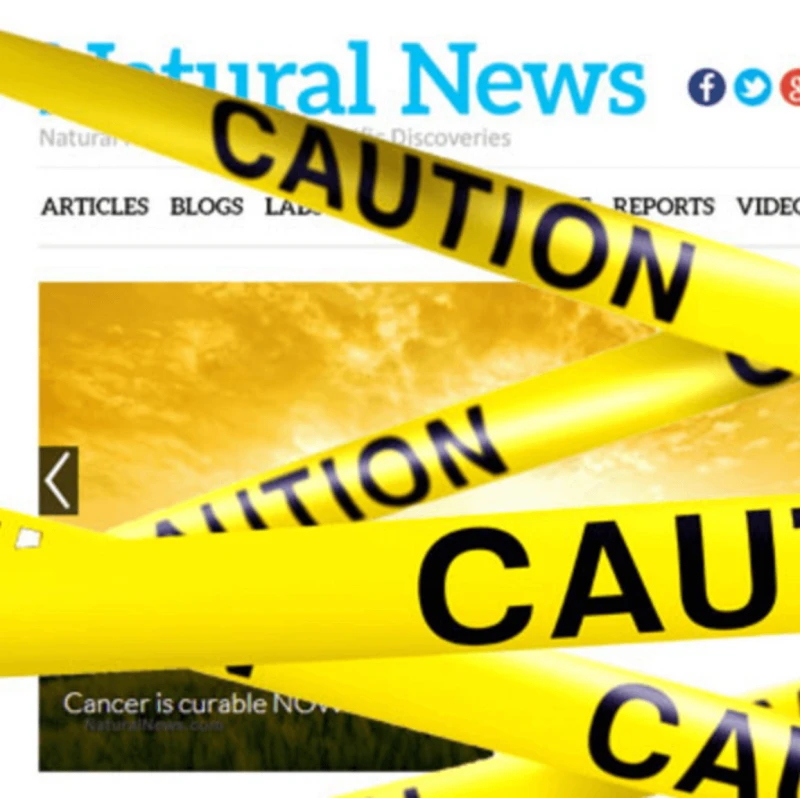‘Bad stuff is just easier to believe’: Why GMO disinformation captures consumer attention
‘Bad stuff is just easier to believe’: Why GMO disinformation captures consumer attention


A couple of years ago, a former company data scientist and I tapped into our common fascination with social networks …. Two years later, our paper The Monetization of Disinformation in the Attention Economy: the case of GMOs …. was published in a special issue of the European Management Journal on “Exploring the Dark Side of Social Media”.
[Editor’s note: Cami Ryan is the Social Sciences Lead at Bayer CropScience.]
…
At some level, we all know that the sensational nature of disinformation captures the attention of people. It’s called negativity bias:
The bad stuff is just easier to believe. You ever notice that?” – Vivian, Pretty Woman (1990)
…
Through this study, we wanted to better grasp this phenomenon by analyzing data on the topic of GMOs. We gathered a data set of 94,993 unique online articles (from 2009-2019) to explore the various tactics that contribute to the evolving GMO narrative.
…
While our paper received quite a bit of attention in social and mainstream media …. (see: Genetic Literacy Project, American Council on Science and Health, and ChiliBio), we were really surprised that this particular outcome of the study wasn’t given more attention:
The ongoing promulgation of disinformation – which inappropriately raises the risk profile of very good technologies, like genetic engineering – distorts science and policy.
Read the original post

 | Videos | More... |

Video: Nuclear energy will destroy us? Global warming is an existential threat? Chemicals are massacring bees? Donate to the Green Industrial Complex!
 | Bees & Pollinators | More... |

GLP podcast: Science journalism is a mess. Here’s how to fix it

Mosquito massacre: Can we safely tackle malaria with a CRISPR gene drive?

Are we facing an ‘Insect Apocalypse’ caused by ‘intensive, industrial’ farming and agricultural chemicals? The media say yes; Science says ‘no’
 | Infographics | More... |

Infographic: Global regulatory and health research agencies on whether glyphosate causes cancer
 | GMO FAQs | More... |

Why is there controversy over GMO foods but not GMO drugs?

How are GMOs labeled around the world?

How does genetic engineering differ from conventional breeding?
 | GLP Profiles | More... |

Alex Jones: Right-wing conspiracy theorist stokes fear of GMOs, pesticides to sell ‘health supplements’




 California, Washington, Oregon forge immunization alliance to safeguard vaccine access against federal undermining
California, Washington, Oregon forge immunization alliance to safeguard vaccine access against federal undermining Trust issues: What happens when therapists use ChatGPT?
Trust issues: What happens when therapists use ChatGPT? Fighting deforestation with CO2: Biotechnology breakthrough creates sustainable palm oil alternative for cosmetics
Fighting deforestation with CO2: Biotechnology breakthrough creates sustainable palm oil alternative for cosmetics Viewpoint — Fact checking MAHA mythmakers: How wellness influencers and RFK, Jr. undermine American science and health
Viewpoint — Fact checking MAHA mythmakers: How wellness influencers and RFK, Jr. undermine American science and health 30-year-old tomato line shows genetic resistance to devastating virus
30-year-old tomato line shows genetic resistance to devastating virus Viewpoint: Video — Big Solar is gobbling up productive agricultural land and hurting farmers yet providing little energy or sustainabilty gains
Viewpoint: Video — Big Solar is gobbling up productive agricultural land and hurting farmers yet providing little energy or sustainabilty gains The free-range chicken dilemma: Better for birds, but with substantial costs
The free-range chicken dilemma: Better for birds, but with substantial costs ‘You have to treat the brain first’:Rethinking chronic pain with Sanjay Gupta
‘You have to treat the brain first’:Rethinking chronic pain with Sanjay Gupta
